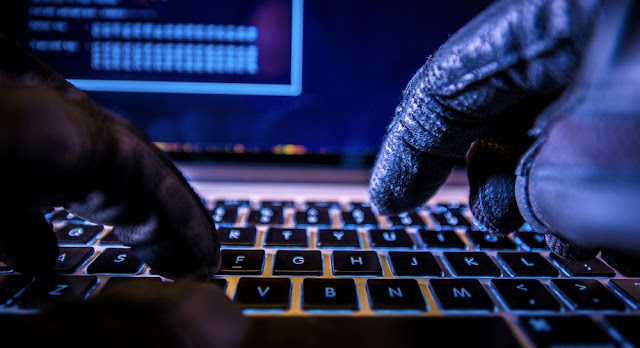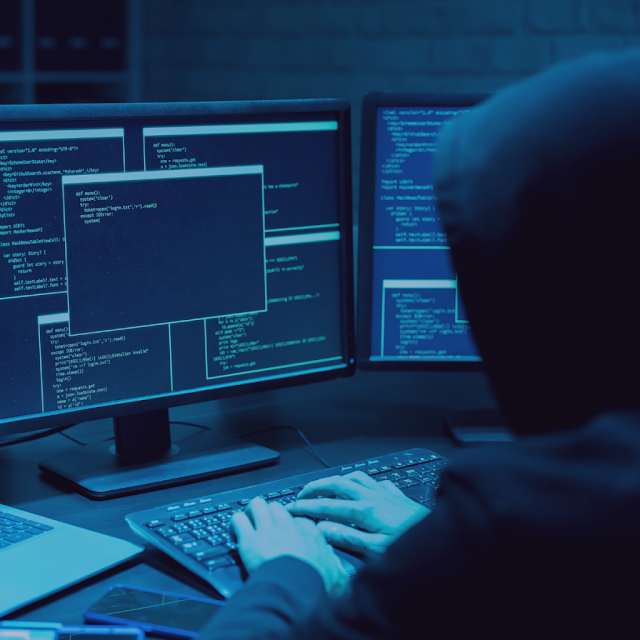There is no single definition of the term "hacker." Most people define it as someone who hacks into computers, or uses a computer for malicious purposes. It also can be used to describe criminal cases involving unauthorized access of files and data from an organization that causes harm to that person or company. However, the more common meaning is generally broader than this which simply describes someone who gains unauthorized access to computer systems or uses them to cause damage. The act of using technology in any way could be considered to be harmful if done by wrongdoers, but it could also happen accidentally. Anyone could use technology in ways that are not intended by hackers (and most do). But what does hacking actually mean? We are going to answer these questions and provide you with some examples from real-life and online situations.
Is Hacking Allowed At Schools?
Hacking in schools has been around since the advent of computers. In fact, if anything, this is one of the easiest areas where our children have been introduced to hacking. Children used to bring their own devices home to play games and learn. Not that long ago, there was a problem with computers at school. Computers were too complicated and expensive to implement. Students who needed help had to buy individual computers to get things like learning programs and other educational software. Nowadays, kids now have multiple computers with their parents or caretakers. Because they can just walk into a classroom and start playing on another device, these students can easily bypass the controls of their primary computer and gain access to important information. Some teachers now allow us to keep electronic items at school. With different rules and policies, all of the students can use the same resource. For example, the student's cell phone and camera aren't allowed to be within a distance of two meters from the main part in case they are caught with something. Another reason why kids can't have technology equipment at school is because of security needs. You might need to set up an extra line that only allows people with authorization cards to send files across. Also, everyone needs personal computers and mobile phones at school, so there is always the risk of getting caught unauthorized when you're trying to transfer files over. In addition to this, sometimes your child will get lost while walking out of the house for lunch. They might fall behind in their studies or forget something on their schedule. This, again, would affect many students. So how do we protect kids from being hacked? Let's find out!
It Is Almost Always Easy To Access Your Computer
When I worked out of an office building, I had my laptop at all times. Everyone could see me whenever I was in the building. And when I came back from vacation, I was on autopilot. I would simply unlock my laptop for whoever I was visiting and then I would instantly go through everything that needed to be done. Even if the person didn't ask me before asking, they knew exactly what I wanted and I received it without question. Today, most offices are more aware and we don't really need passwords anymore. People just need permission to enter restricted areas, and I'm sure that has happened at least once. I've seen administrators pass out keystrokes, click on links, and even enter passwords as soon as possible, without waiting for anyone to approve first. If this sounds obvious to you, think about it as a physical action. That's an intuitive thing to think of as a human behavior. You don't need to think a bit more about it though. When you need to check something as soon as possible such as a spelling correction for your class, you just press one button. Everything is instantaneous just from thinking of it.
It Feels Like Security Has Become A Privilege
If you've ever felt uncomfortable reading a text message from someone, you've experienced a similar experience from hacking. Often, you receive a message from someone that seems very friendly, and they know how to reply. Then you read the response of the person, and suddenly you feel extremely uncomfortable because there is absolutely nothing that could be taken as an invitation to the conversation you need to be having. On top of that, the recipient may have already sent a direct message that they are trying to hide something from you. Or that they're worried about how you feel and want to hear why you're feeling that way. These texts are often meant to be anonymous, but I can guarantee that most recipients don't usually check that box. They take it personally that someone is trying to hurt them. The sender never wants you to come off as a loser either. They want to win you over in every way. I am aware that there are numerous causes for this. Someone could be jealous of you, perhaps wanting something different from you. Maybe they have bad intentions. Could be they're just genuinely depressed. Perhaps they don't trust anyone, maybe a stranger. Whatever the reason may be, the recipient has probably thought about how the exchange would make them feel. Perhaps, they've been hurt by that person, they're afraid that someone else will hurt them. So it would be nice if this were true because then nobody would have to worry about sending unsolicited messages to their inbox. Then there would be less anxiety. Less stress = Better productivity. Everybody wins!






.jpeg)
0 Comments